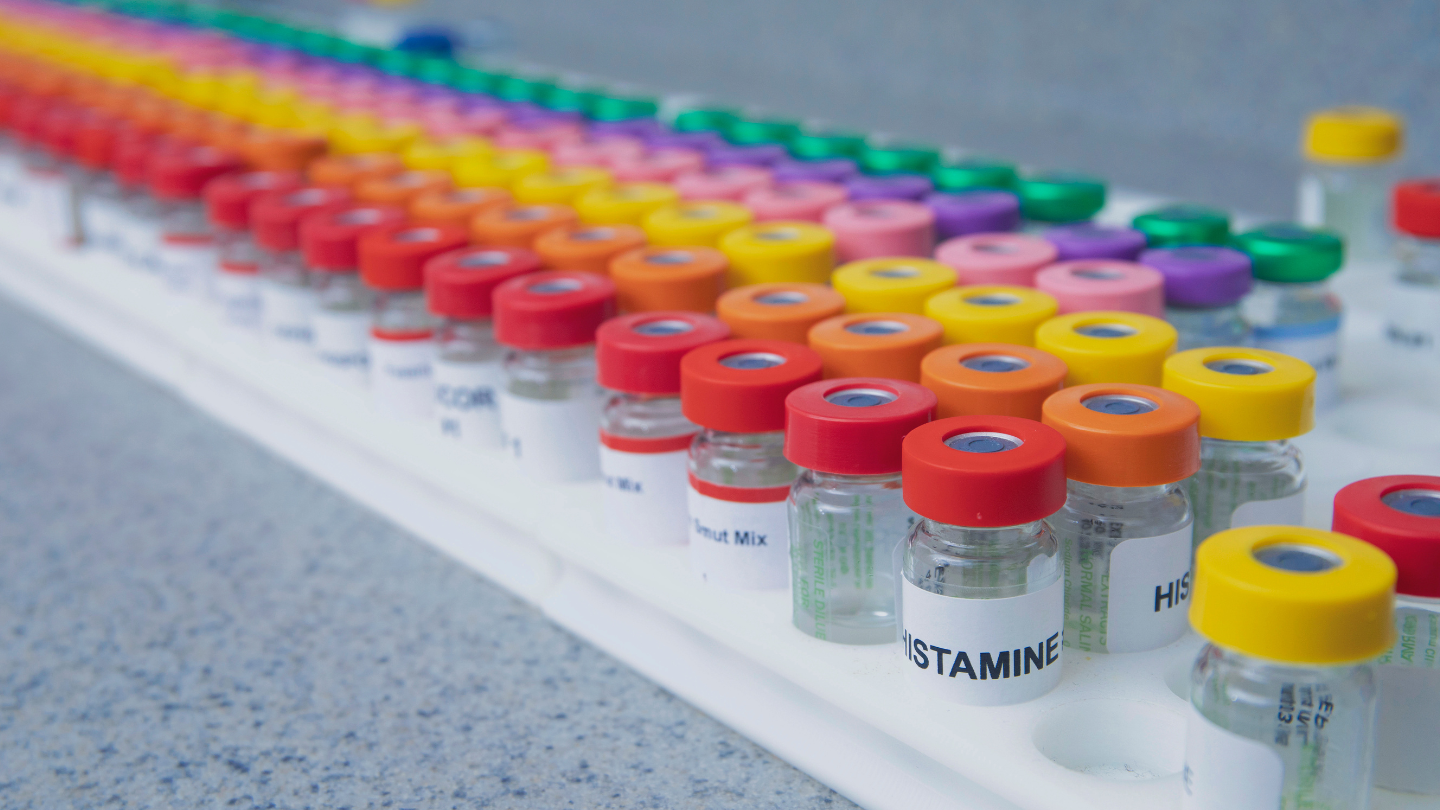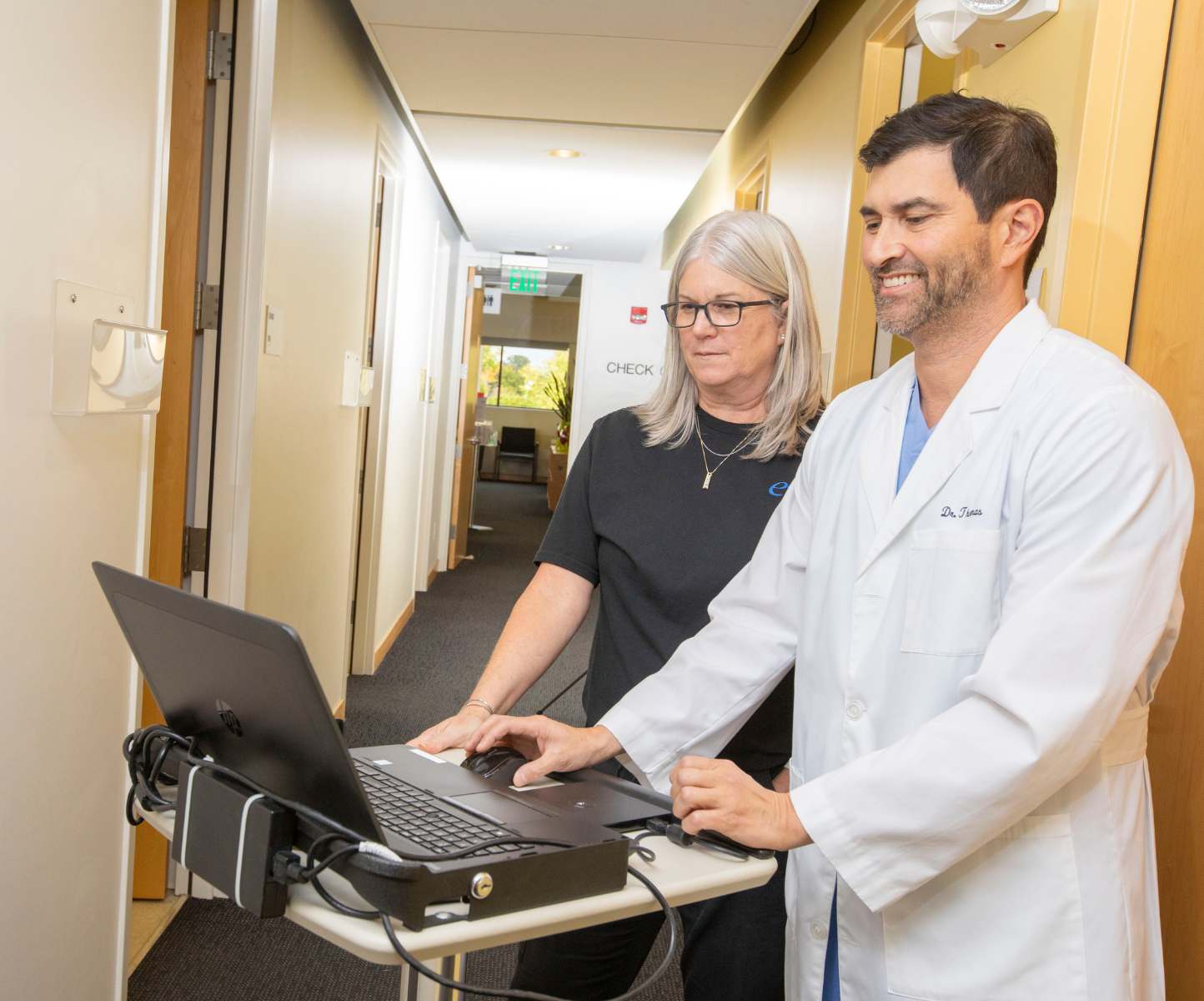Allergy Immunotherapy
How Do Allergy Shots Work?
Allergy shots work like a vaccine. Your body responds to injected amounts of a particular allergen, given in gradually increasing doses, over a period of time, which allows tolerance to the allergen.
Allergy shots have shown to decrease symptoms of many allergies. It can prevent the development of new allergies, and in children it may prevent the progression of allergic disease from allergic rhinitis to asthma. The effectiveness of allergy shots appears to be related to the length of the treatment program, as well as the dose of the allergen. Many people experience lasting relief from allergy symptoms.
Are Allergy Shots Effective for Food Allergies?
Allergy shots, along with SLIT treatments, are not used to treat food allergies. The best option for people with food allergies centers around identification of the offending foods, which then allows avoidance of that food.
Are There Risks Associated With Allergy Shots?
A typical reaction is mild redness and swelling at the injection site. Some patients may experience an increase in allergy symptoms on the day the shot is administered, something which typically resolves as the treatment progresses.
Serious reactions to allergy shots are rare. Most serious reactions develop within 20 minutes of the administered dose. This is why we require patients to have a valid Epi-Pen when starting allergy immunotherapy. This is also why we ask that patients wait in their doctors’ office for at least 20 minutes after receiving their allergy shot.
What Should You Do If You Think You May Have Allergies?
If you suspect you have allergies, please scheduled an appointment with one of our physicians to find out if allergy testing is an appropriate consideration for you.
Call 319-351-5680 or 800-642-6217, and select option 1 for appointments.
Allergy Clinic Hours (Walk-In)
Weekly shots are available Monday–Friday, 8:00 am – 3:45 pm.
New vials are available Monday–Friday, 8:00 am – 3:30 pm.
These hours apply to the Iowa City office only.
Note: Allergy shots and new vial preparation close earlier than the main clinic.



